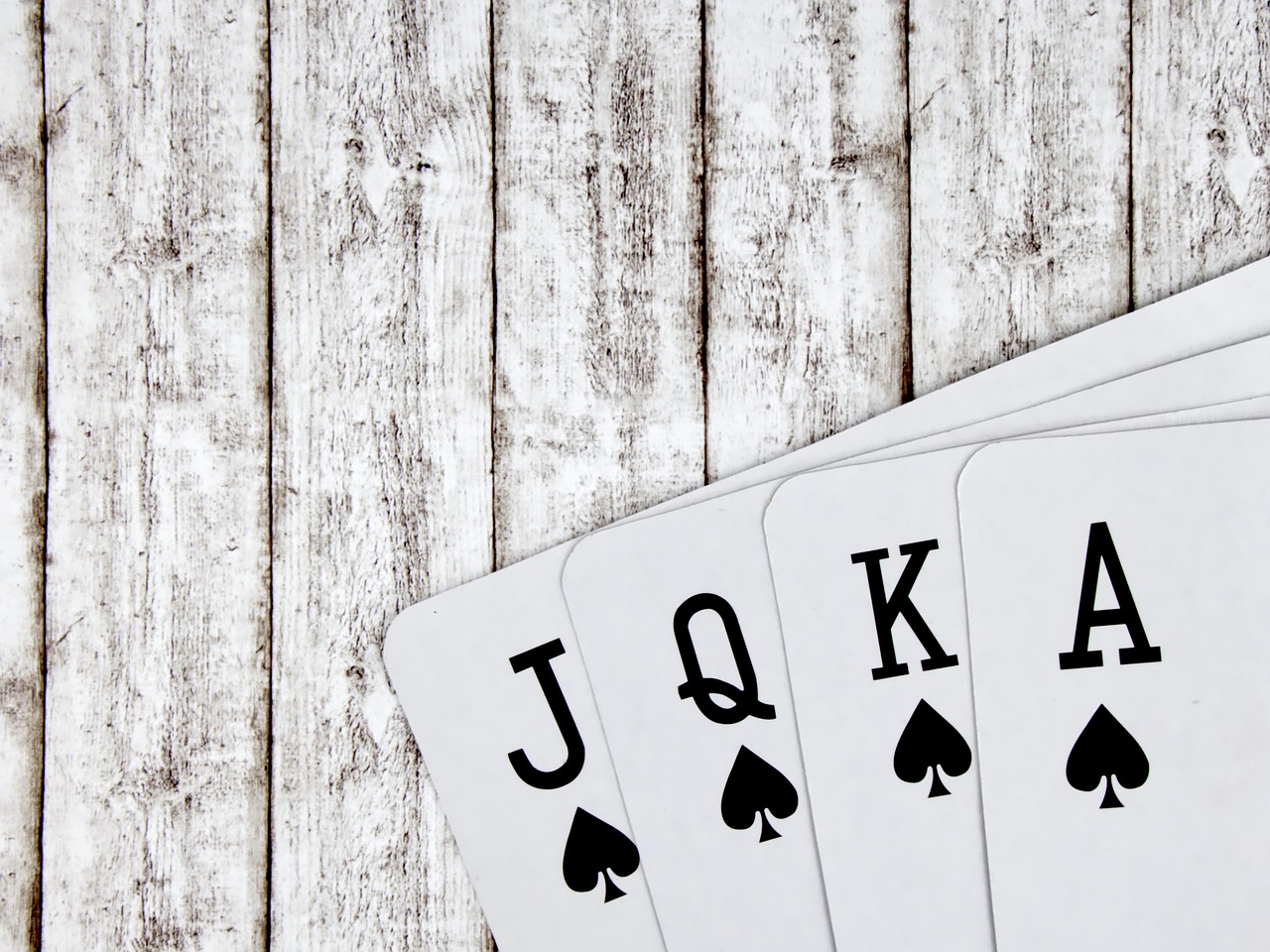How To Play The Hand You’re Dealt In The Age Of Uncertainty
Poker: It’s a game filled with excitement and risk. But just how far does it correlate with the uncertainty of our everyday lives?

Last month, Procurious attended eWorld Procurement and Supply where we were lucky enough to experience a thought provoking talk from Caspar Berry on risk-taking and decision-making in the age of uncertainty.
Whatever our political leanings, we can all agree that unpredictable occurrences are happening everywhere in today’s world. 2016 saw Brexit and the election of president Trump; two events many had thought impossible. There’s the refugee crisis in the Middle East, the continued prevalence of ISIS and upcoming elections in France and Germany; the results of which could determine the future of the EU.
Caspar Berry, professional poker player and poker advisor on Casino Royale, knows exactly what it means to take risks and admits that it can be dangerous, scary or disruptive. But, we need risk, whether it’s in our personal or professional lives.
Have you ever considered what it is that makes sport so compelling? We’re gripped by the uncertainty. We have no idea what’s going to happen or who’s going to score and that adds a level of excitement and interest. But of course in professional sport, as is the case with poker, we’re not the ones who have to take the leap. We can leave all of that reckless risk-taking to the professionals… or can we?
Everyday Risk
Caspar pointed out that the average person would love to believe their everyday life has a level of risk-free stability and consistency. Whilst we might marvel at the bravery of prevalent risk takers in the casino or on the sports pitch, we’d much prefer to avoid a life of uncertainty.
In actual fact, there a number of parallels to draw between poker and real life. The future is far more uncertain than we would choose to acknowledge.
In poker, the cards are randomly shuffled making it utterly impossible to predict what’s coming. Our everyday lives are much the same. We can’t be sure when something will change the course of the future, whether it be a large scale political event, an encounter with a new person or a medical diagnosis.
The Butterfly Affect
The phenomenon whereby a minute localised change in a complex system can have large effects elsewhere. Originating from the notion in chaos theory that a butterfly fluttering in Rio de Janeiro could change the weather in Chicago.
Every single moment of every single day people are doing things somewhere in the world which could change your life. If any one of your ancestors hadn’t been around, you wouldn’t be either. If one tiny interaction hadn’t happened hundreds of years ago, history might look very different indeed. These examples are just two of the billions of butterflies that are interacting with each-other; impacting events across the globe.
When so much is out of our control, it’s natural that we would try to limit uncertainty. We set laws and implement criminal justice systems so we have a vague knowledge of how people are going to behave. We buy branded clothing and eat in chain restaurants because it’s reassuring to know exactly what we’re going to get for our money. We’ll happily pay a premium for these things because it lowers the associated risks.
When we come across people or institutions that seem to know what’s going on, whether it’s a religious group, a futurist or a bank, we want to believe them. And so we do.
Philip Tetlock and The Good Judgment Project
Philip Tetlock, Canadian-American political science writer, began an extensive 20-year study in 1984 on future judgements.
He questioned 284 world experts on their future predictions and requested that each prediction be awarded a likelihood of occurrence. The study is widely considered one of the most robust in the history of social sciences with approximately 2800 answers obtained. And what did those answers show?
As Caspar put it, you would have gotten the exact same results by asking an eight-year-old to randomly throw darts at predictions. In fact, the strongest correlation in the survey results was between successful predictions and the confidence of the person predicting, but a negative correlation!
Why were the least confident participants correct? As Caspar explained, these are the people who are both humble and intelligent enough to embrace the concept of uncertainty.
How to manage risk and face uncertainty head on
In our organisations we know, for the most part, that taking risks won’t result in someone getting hurt. But it could mean something going very wrong for the business. So, how do you know when its worth taking a risk and how can we become more confident to do so?
- Be competent at assessing risk
We’ll never be able to predict exactly what’s coming our way. But we can get better at deciding when to take a chance. In business, evaluate what the chance of success is, what’s the return on a gamble. If you’re faced with a 25 per cent chance of success and an amazing ROI, it’s worth taking that risk. Sometimes it will pay off.
2. Immunise yourself to loss
When it comes to risk-taking you will fail and you will lose out, perhaps more often that not. Caspar cited Abraham Lincoln as an icon who endured multiple short term failures, moments of rejection and losses. But he went on to great success. We can all do better at immunising ourselves to loss, let downs and failure.
3. Embrace risk taking
Casper asserted that if someone is cocky at poker, they’re possibly a bit insane. It takes a level of caution and the acceptance that there is always risk involved. But risky people have something to teach us, we can learn from them and embrace the uncertainty ahead.